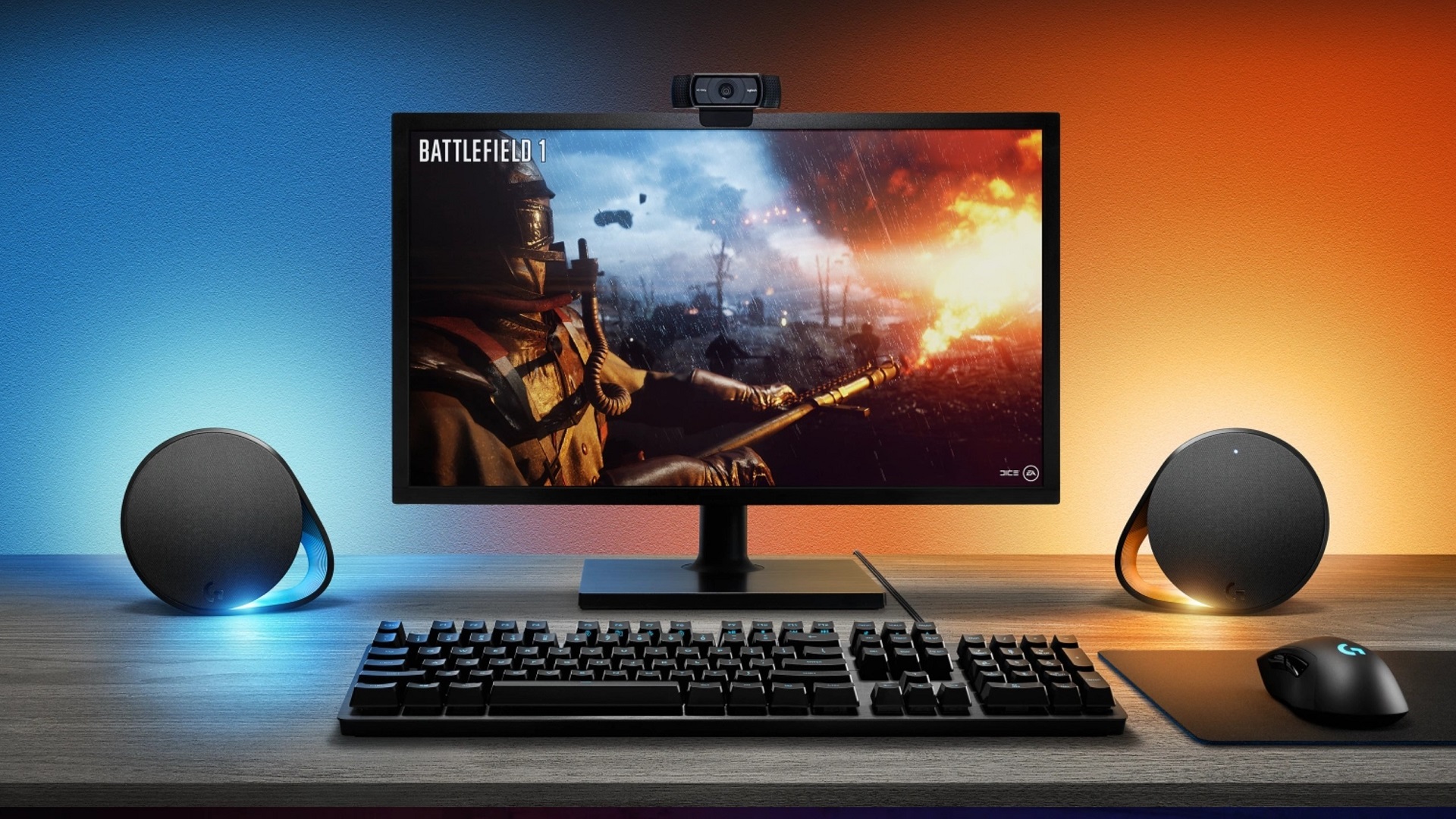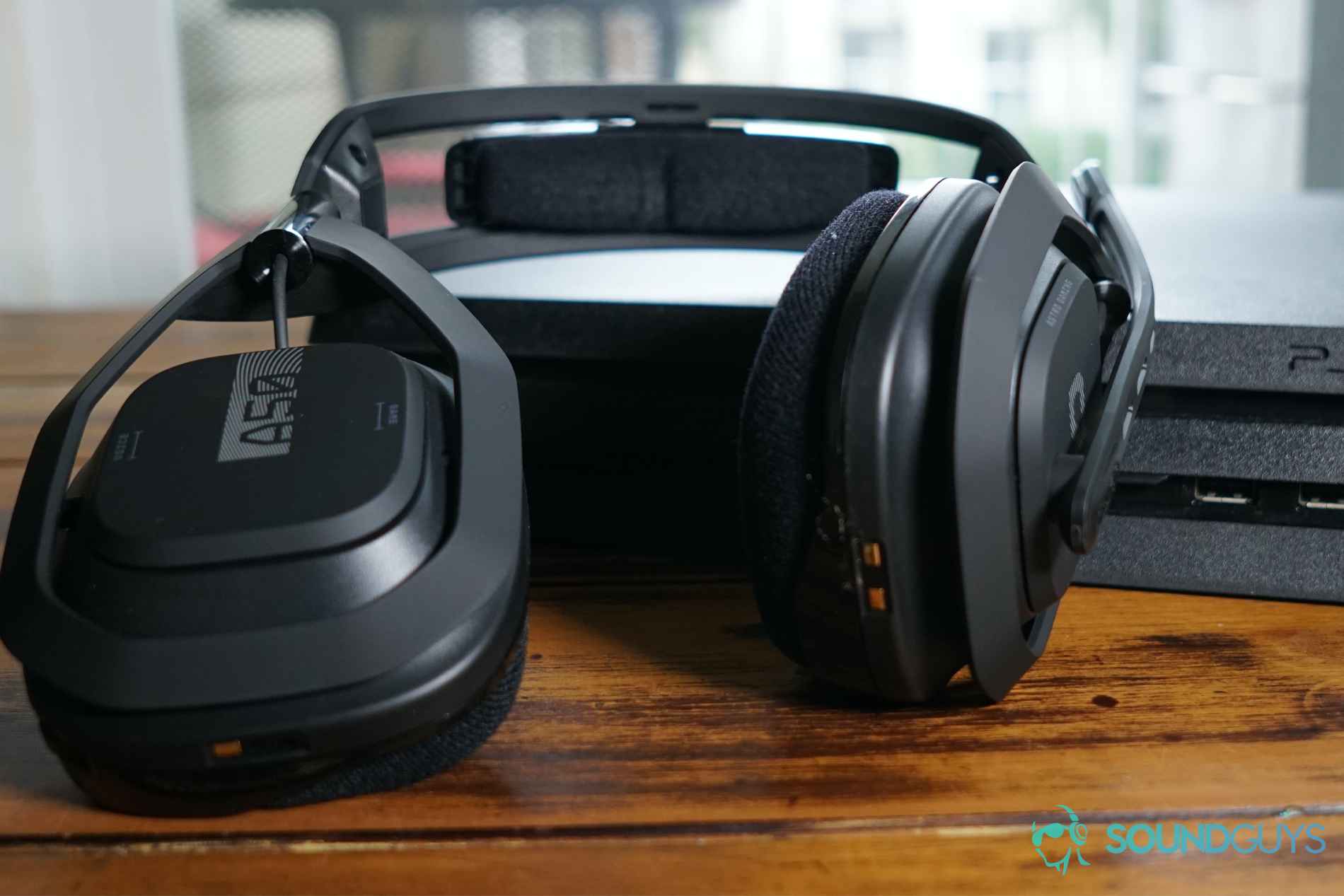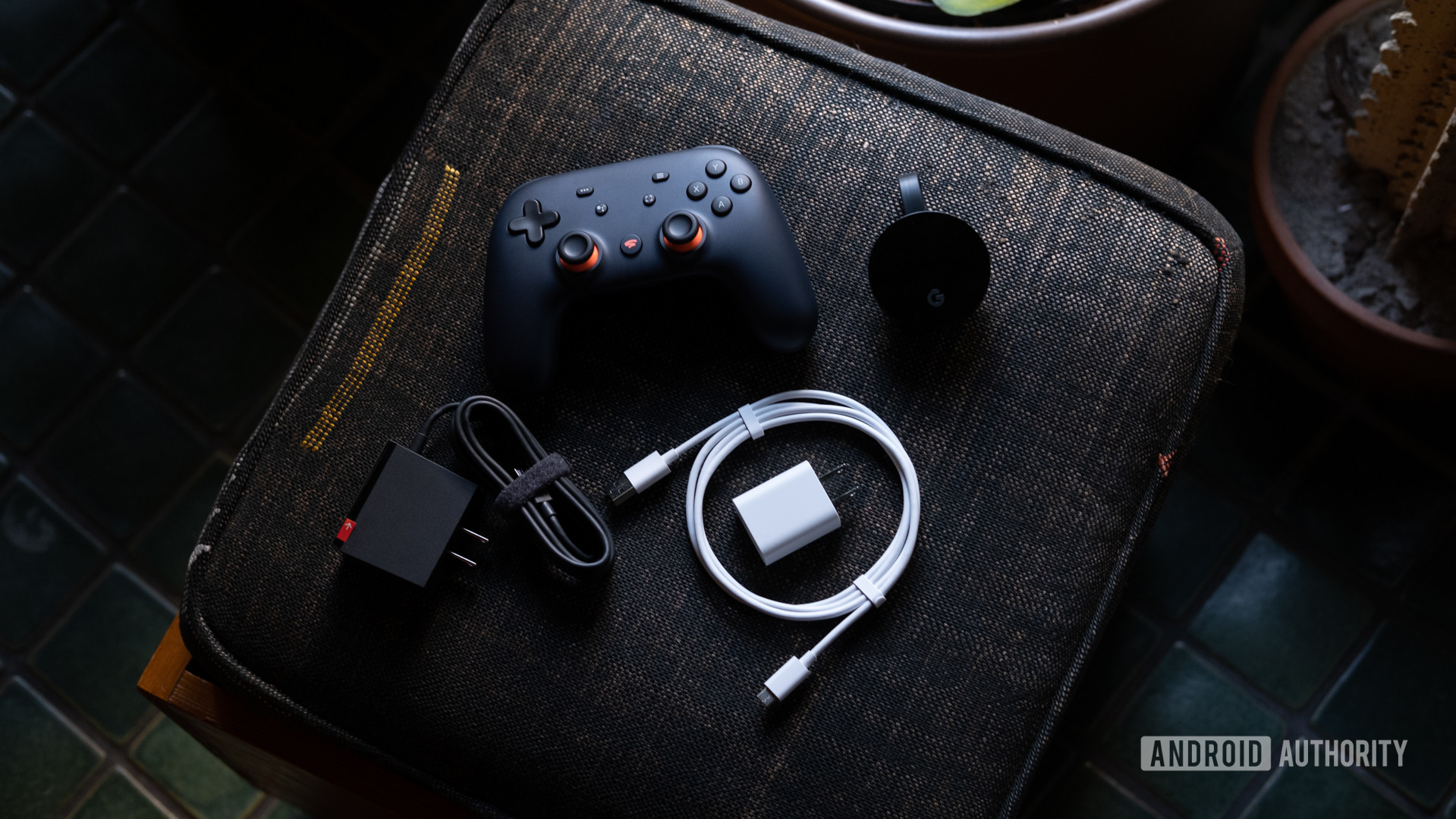Razer is renowned for its gaming headsets and the green logo is ever present at esports events. The Razer Nari Ultimate is a wireless gaming headset with a slew of software features, but its coolest feature is physical haptic feedback to further immerse gamers in their virtual environments.
Who should buy the Razer Nari Ultimate?
As the company’s slogan goes, this headset is built “for gamers, by gamers.� If you intend to use them for musical appreciation, you’re setting yourself and the Nari Ultimate up for failure. Gamers can make granular adjustments to the RBG Chroma lightning, including breathing patterns for the LEDs. It uses THX Spatial Audio for an immersive gaming experience that works with PC and PlayStation 4.
What’s it like to use the Razer Nari Ultimate?
These are neat to use, mainly because of Razer’s Hypersense technology, which is a responsive haptics system that works with your gaming console to deliver live feedback through the ear cups. This means the Nari Ultimate vibrates when your character’s gun fires or he survives a nearby blast. If you think this sounds nauseating, don’t worry it can be toggled off via the Synapse 3 software, which you should do when using the headset outside of gaming.
A metal-reinforced headband joins two large ear cups together to form the framework of the Razer Nari Ultimate wireless gaming headset. Aside from the headband, the headphones take on a predominantly plastic build, which can be good or bad depending on how you flip it. The benefits to plastic are cost reductions and a lighter build, but it’s not nearly as durable as an all-aluminum frame. Razer was smart to cover the plastic in a brushed metal veneer, though, to maintain a durable facade.
The synthetic leather-wrapped earpads are huge, but proved surprisingly durable during SoundGuys’ testing. When the material begins to show excess signs of wear, you can just replace them by ordering a third-party pair for less than $20. They’re a great option for bespectacled gamers due to the eyewear channels that alleviate pressure where glasses frames sit against peoples’ temples. Razer is known for this feature and even includes it in more pedestrian headsets such as the Razer Kraken X.
The Razer gaming software is limited to Windows 8 and later.
Signature Chroma RGB lights sit smack-dab in the center of the housings. Razer took a tempered approach to the lighting: it isn’t too flamboyant, and you can even choose a static color for the glow, rather than the default infinite color cycle. Each ear cup houses onboard controls. The left sheathes a USB transceiver, retractable mic, and master volume dial. The right ear cup has a headphone jack, microUSB charging port, power button, game/chat balance dial, and mic mute button. Razer includes a microUSB charging cable and standard 3.5mm cable.
How long does the battery last?
The SoundGuys Razer Nari Ultimate review states that the headset lasted 8 hours, 22 minutes when streaming music at a constant output. This battery life may not seem all too impressive if you’re accustomed to 20-hour playtimes from similarly sized noise-cancelling headphones, but it’s more than enough to get you through an intense day of gaming. When the headset is conked out, just set aside a couple hours to top them back up to full capacity via the microUSB cable.
How surround sound benefits gamers
The Razer Nari Ultimate goes a step beyond standard 5.1 and 7.1-channel setups by using THX Spatial Audio, which uses 360-degree positional audio much like Dolby Atmos and Sony Reality Audio. This means audio can be rendered to sound like it’s coming from above you and below you as well as from the sides.
This technology serves to improve gamers’ experiences by making the audio more realistic and immersive, while also allowing them to improve their reaction time and accuracy. Sounds like creeping footsteps and nearby takedowns are rendered and tracked with THX Spatial Audio, making it even more accurate than the standard 7.1 surround sound experience afforded by the SteelSeries Arctis 7.
How do you connect the Razer Nari Ultimate?

You can use the headset with any device that has a headphone jack, but features like THX Spatial Audio will be inaccessible.
This is a straightforward setup process: it connects using a 2.4GHz wireless USB transceiver; the benefit to this compared to Bluetooth is that latency problems are virtually nonexistent. It affords a 12-meter range, which was consistent during testing. You can use the Nari Ultimate with your smartphone, so long as you grab the 3.5mm cable. This means it’s also compatible with the Nintendo Switch and controllers with a headphone jack, but wired use limits software functionality. This means you won’t benefit from THX Spatial Audio effects.
How to use Razer Synapse 3 software
Upon plugging the USB adapter into your computer, you’ll be prompted to install the Razer Synapse 3 software, which is limited to Windows 8 or later. Select the “Audio� tab to toggle THX Spatial Audio, and move over to the “Enhancement� tab to adjust haptic feedback intensity. You can even use this tab to improve vocal clarity during chats and normalize the sound, which means explosive sounds won’t come through extremely loud relative to the general output levels. You can also EQ the sound, adjust mic volume and sensitivity, lighting preferences, and power saving settings through different tabs.
Sound quality
Razer takes the typical gaming headset approach with the sound signature: bass frequencies are blown out of proportion, sounding three times louder than they’re intended to, while mids and treble frequencies are de-emphasized. This attenuation is done with a very strong hand and can make it difficult to hear important sounds like environment noise in a certain map, approaching enemies, and even teammate chatter alongside in-game sounds. Of course, this can be equalized in the Razer Synapse 3 software, but it’s not a great default sound.
The bassy-heavy sound is fun, but makes it hard to hear important sounds like footsteps.
Isolation is alright and to be expected with gaming headsets; low-frequencies aren’t filtered out much but distant ambient noise is hard to hear while wearing the Razer Nari Ultimate. To get a peak of some of the charts, be sure to head to the full SoundGuys review.
Does the microphone sound good?

The Nari Ultimate boom mic reduces the proximity effect to the detriment of audio clarity.
The retractable boom microphone sounds ok, but I expected something better for the price. It’s designed to combat the proximity effect — when loud sounds become distorted as a speaker gets too close to the mic — but does so with too heavy of a hand. Low-pitched male voices will sound particularly distant when using the Razer Nari Ultimate mic. A better alternative is the Razer Thresher Ultimate, but that will cost you an additional $80.
Should you buy the Razer Nari Ultimate?
Gamers who like the typical gaming headset aesthetic, but one that’s slightly toned down, will appreciate the Razer Nari Ultimate. During testing, it surprised our very own Adam Molina with how comfortable it was despite its hefty weight and size. Ultimately, though, there are better options for the money than the Razer Nari Ultimate for gamers in search of accurate audio quality. Among our favorites are the Beyerdynamic Custom Game and Audio-Technica ATH-G1, both of which are solid gaming headsets with excellent microphones.






